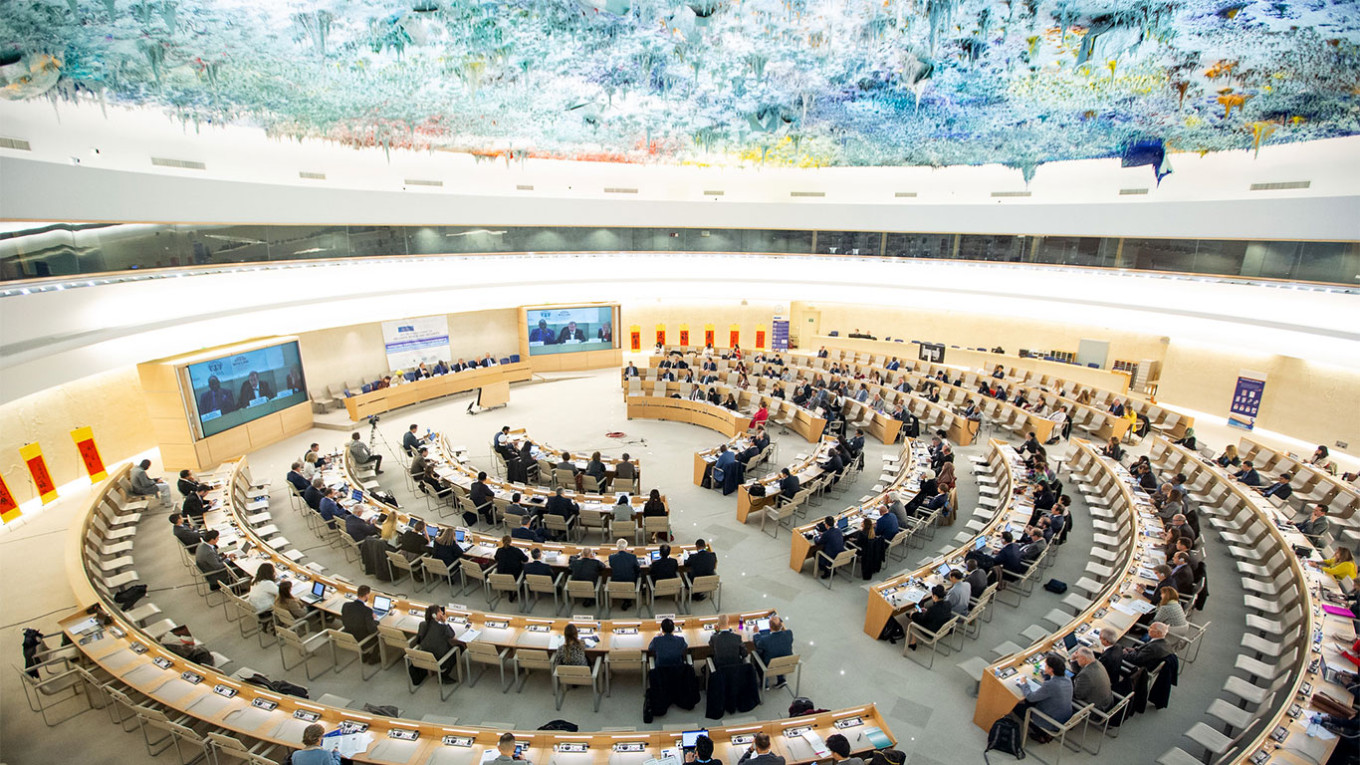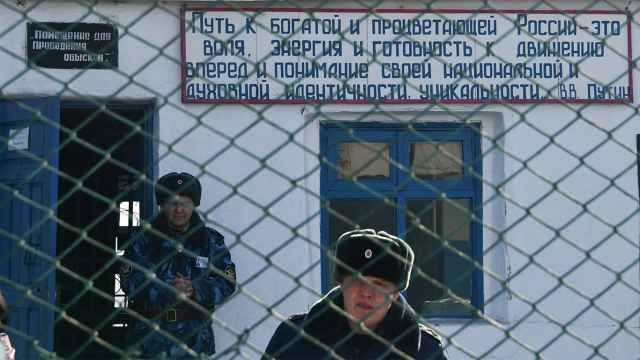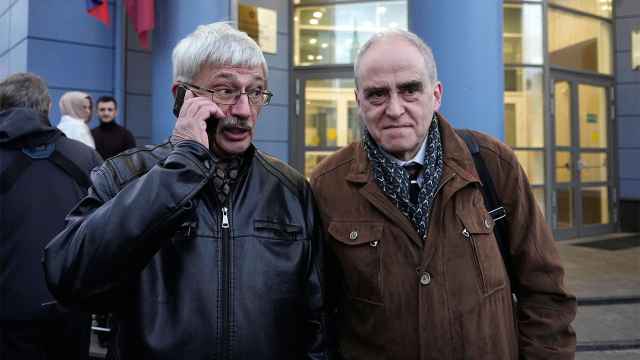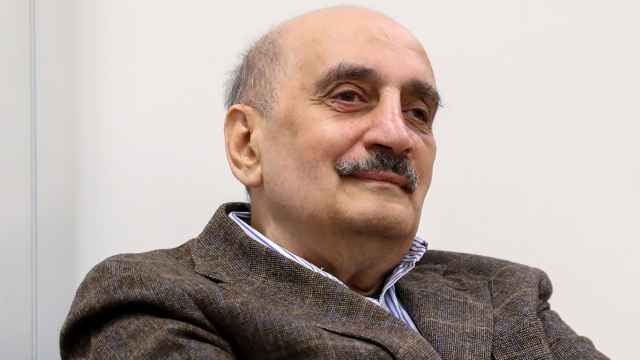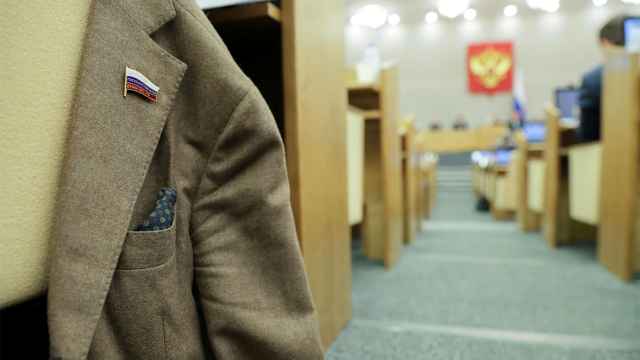The UN Human Rights Council on Friday agreed to monitor the rights situation in Russia, marking the first-ever resolution focused on violations inside the country.
The 47-member top UN rights body accepted the draft text presented by all European Union countries with the exception of Hungary, with 17 nations voting in favor of appointing a so-called special rapporteur to monitor Russia.
Twenty-four countries abstained, while six voted 'no', including China, Cuba and Venezuela.
The vote comes a few months after Russia was kicked off the council over its war in Ukraine, and marks the first time the rights body has decided to delve into the situation inside the country.
It also came less than two hours after this year's Nobel Peace Prize was symbolically awarded to rights champions from Belarus, Russia and Ukraine, three nations at the center of President Vladimir Putin's war.
Ahead of the vote, Russian ambassador Gennady Gatilov slammed the move, saying it was just another example of "the way in which Western countries are using the council to attain their political goals."
'Draconian laws'
The resolution, adopted on Putin's 70th birthday, calls for the appointment of a special rapporteur to monitor "the situation of human rights in the Russian Federation for a period of one year."
The rapporteur would "collect, examine and assess relevant information from all relevant stakeholders, including Russian civil society both inside and outside of the country," and present a report in a year's time, and another to the UN General Assembly in New York.
Luxembourg's ambassador Marc Bichler, who presented the resolution on behalf of 26 EU countries, pointed to the years-long "deterioration as regards the human rights situation" in Russia, warning that it had "been exacerbated over recent months."
"Recent draconian laws seeking to stifle independent media as well as undesirable organizations, severe sanctions for anyone calling into question the government, with a huge number of people who've been arrested at demonstrations, are just a few recent examples of the systematic repressive policies that have been documented by numerous independent sources," he said.
While the decision was the first-ever targeting the situation inside Russia, the council has recently adopted other resolutions condemning Moscow's war in Ukraine, and ordering a high-level probe of violations by Russian troops there.
The vote came on the 16th anniversary of the killing of Russian journalist Anna Politkovskaya, which several diplomats pointed to.
German ambassador Katharina Stasch was also among a number of diplomats to highlight Friday's Nobel win, pointing out that the laureate organization Memorial was "one of those organizations having been oppressed and even shut down by Russia for speaking up."
French ambassador Jerome Bonnafont agreed, telling the council that the award "clearly shows the growing attention and concern about the dangerous downward slide" of rights in Russia.
Western countries were breathing a sigh of relief with the passage of Friday's resolution, which came a day after they suffered a crushing defeat at the council when a first-ever attempted resolution on China was narrowly rejected.
That one — which called for a debate about a UN report warning of serious violations and possible crimes against humanity in China's Xinjiang region — flopped after intense lobbying by Beijing.
The failure indicated a shifting power balance and even raised questions about the credibility of the council itself, rights groups said.
A Message from The Moscow Times:
Dear readers,
We are facing unprecedented challenges. Russia's Prosecutor General's Office has designated The Moscow Times as an "undesirable" organization, criminalizing our work and putting our staff at risk of prosecution. This follows our earlier unjust labeling as a "foreign agent."
These actions are direct attempts to silence independent journalism in Russia. The authorities claim our work "discredits the decisions of the Russian leadership." We see things differently: we strive to provide accurate, unbiased reporting on Russia.
We, the journalists of The Moscow Times, refuse to be silenced. But to continue our work, we need your help.
Your support, no matter how small, makes a world of difference. If you can, please support us monthly starting from just $2. It's quick to set up, and every contribution makes a significant impact.
By supporting The Moscow Times, you're defending open, independent journalism in the face of repression. Thank you for standing with us.
Remind me later.


